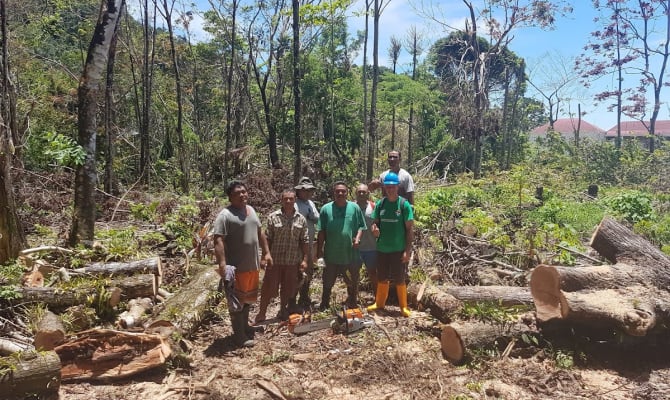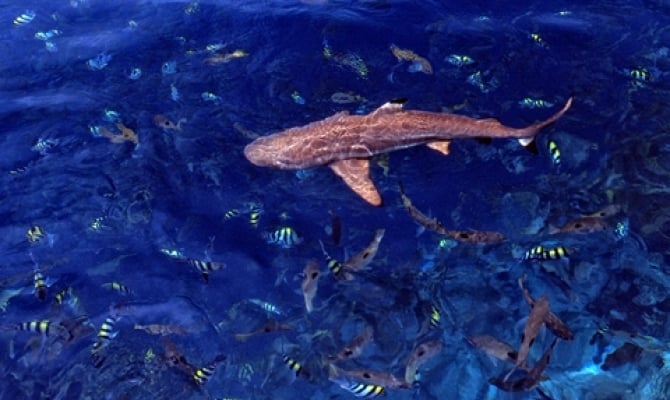Following the successful launch of the Pacific Biodiversity Information Facility (PBIF) recently, SPREP’s Regional Invasive Species team is capitalising on the momentum by hosting a virtual workshop to introduce participants to the Global Biodiversity Information Facility (GBIF).
Scheduled for Wednesday 10 November, the workshop is designed to help participants navigate the world of data sharing, understand the benefits of publishing data, and how to access it.
But why does this matter to the Pacific?
“You can’t manage what you can’t measure,” said Bradley Myer, Project Manager, Regional Invasive Species Project SPREP. “The need to access and understand biodiversity data is extremely important in order to manage it effectively. People responsible for making decisions are reliant on the data provided to them. The decisions made can only be as good as the data provided them.”
GBIF is an international network and data infrastructure funded by the world’s governments, aimed at providing anyone, anywhere, open access to data about all types of life on Earth. SPREP recently received funding for three GBIF projects to:
• Strengthen processes for invasive species and biodiversity data mobilisation
• Use invasive species and biodiversity data for informed decision making
• Build capacity at SPREP for Data Mobilisation and use
“Pacific countries need to limit environmental degradation and biodiversity loss, putting human well-being and sustainable development at risk. To do this, biodiversity data is necessary to make informed decisions for both ecological and economic management.”
PBIF is an online tool that will serve as the one-stop-shop for all biodiversity data from around the Pacific. It can now be accessed anywhere and by anyone who requires biodiversity data.
The importance of biodiversity data and why it should be published:
• Data publishing already affects the policies of the world’s leading science funding frameworks and organizations. There are several incentives for authors and institutions to publish data.
• Data creators, and their institutions and funding agencies, can be credited for their work of data creation and publication through the conventional channels of scholarly citation; priority and authorship is achieved in the same way as with a publication of a research paper.
• Collection managers can trace usage and citations of digitised data from their collections.
• There is a widespread conviction that data produced using public funds should be regarded as a common good, and should be openly published and made available for inspection, interpretation and re-use by third parties.
• Open data increases transparency and the overall quality of research; published datasets can be re-analysed and verified by others.
• Open data can be integrated with other datasets across both space and time.
• Data integration increases recognition and opportunities for collaboration.
• Open data increases the potential for interdisciplinary research, and for re-use in new contexts not envisaged by the data creator.
• Needless duplication of data-collecting efforts and associated costs will be reduced.
This story was produced by Leanne, published at SPREP on 8 November 2021, reposted via PACNEWS.




